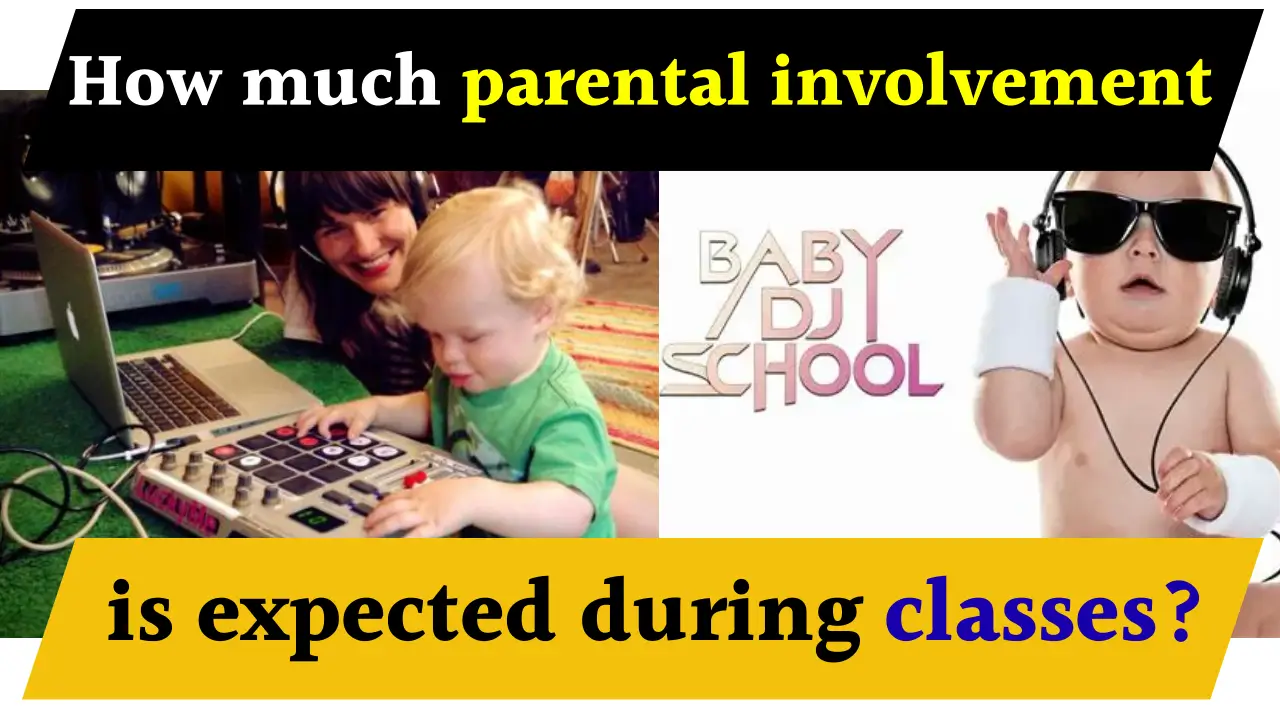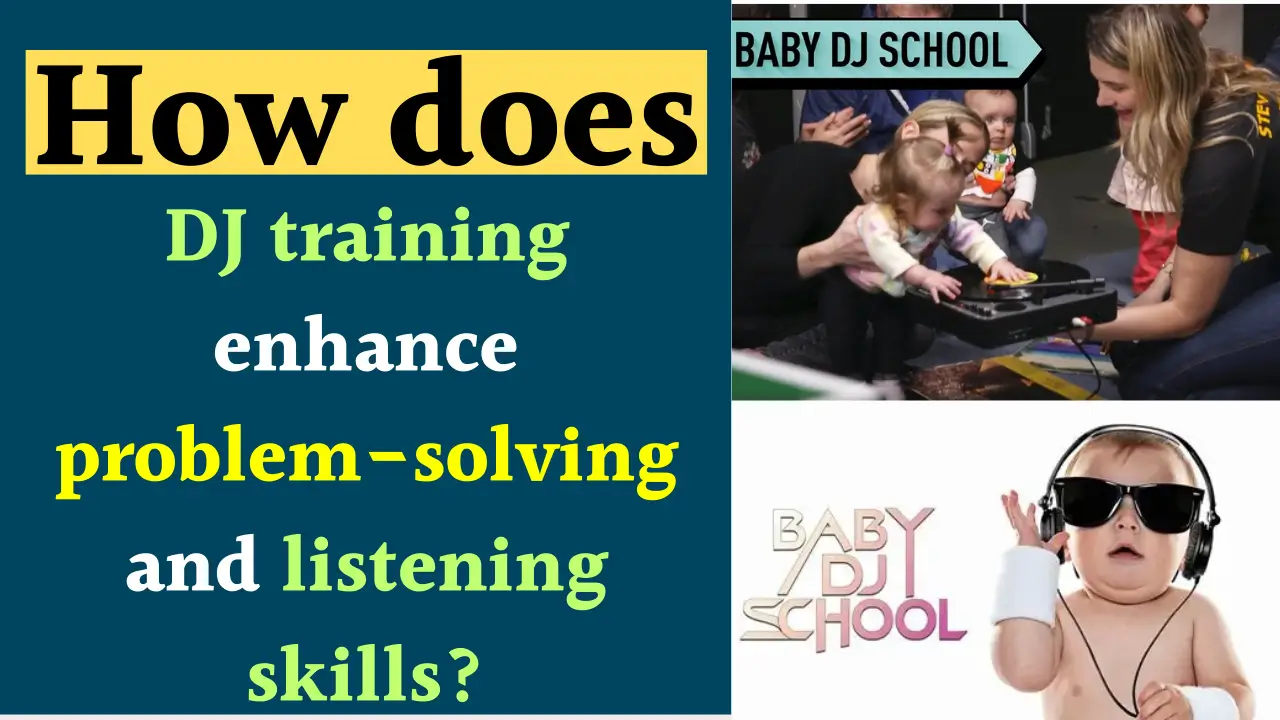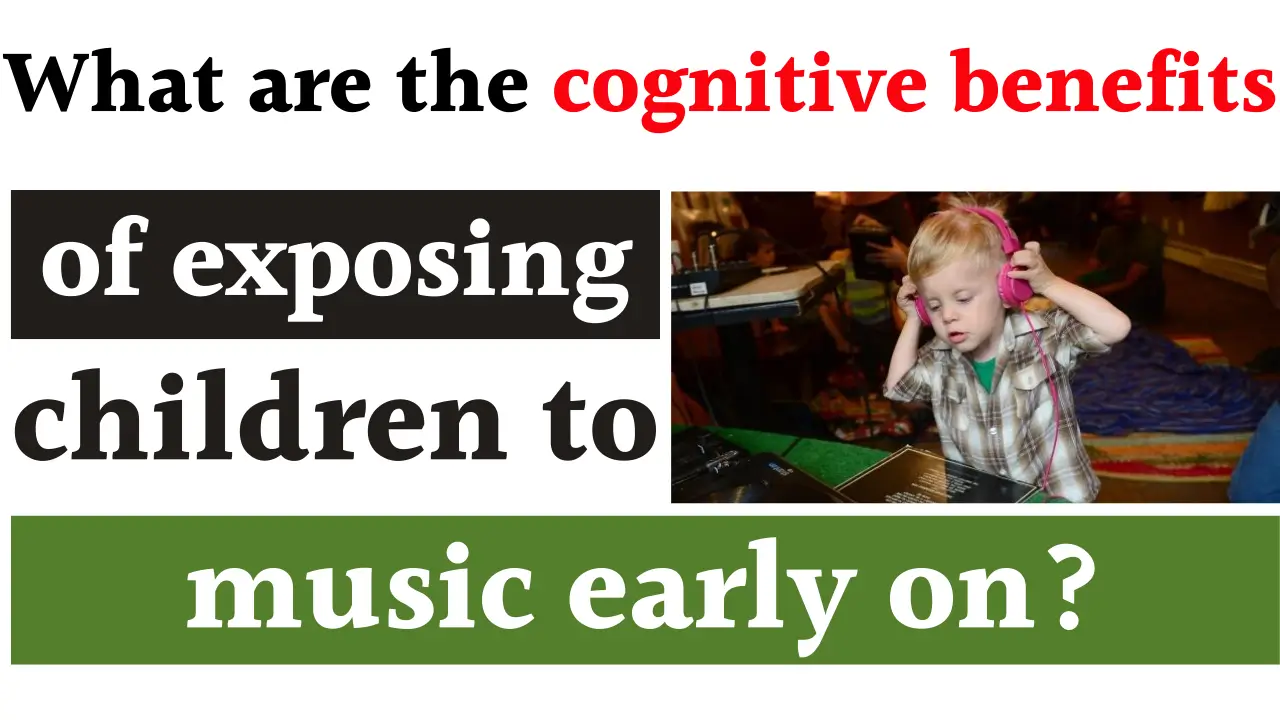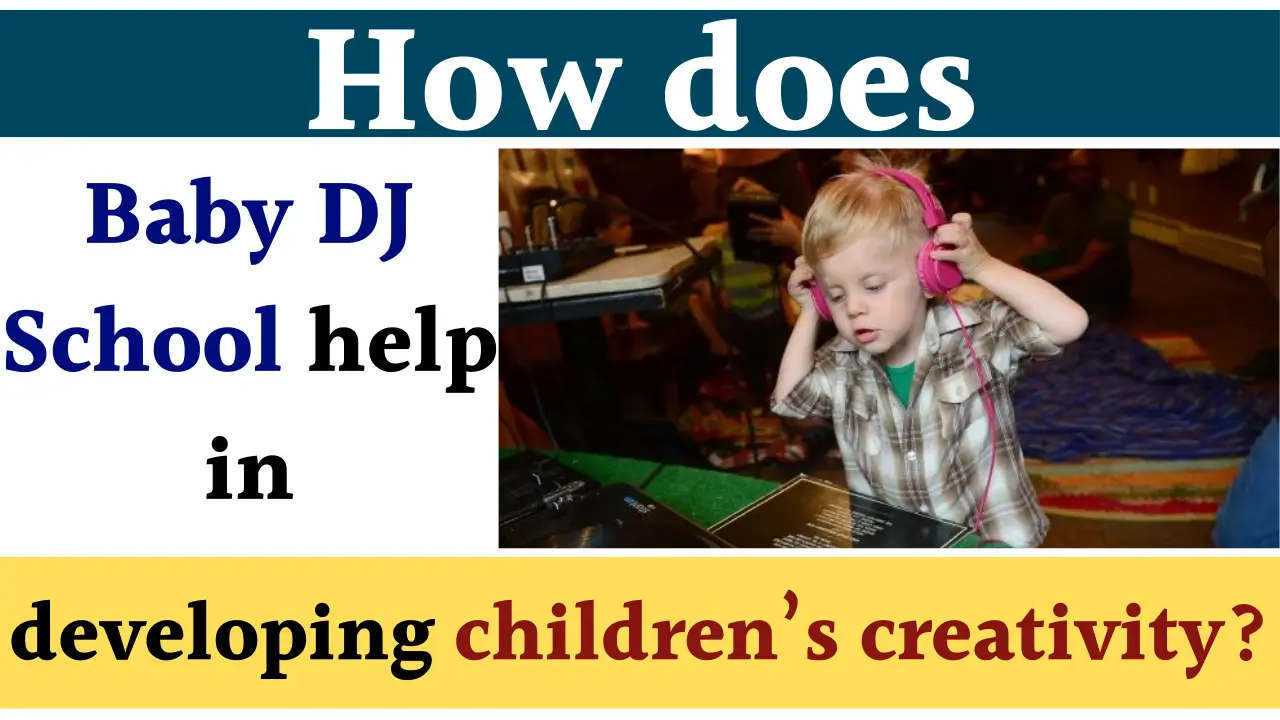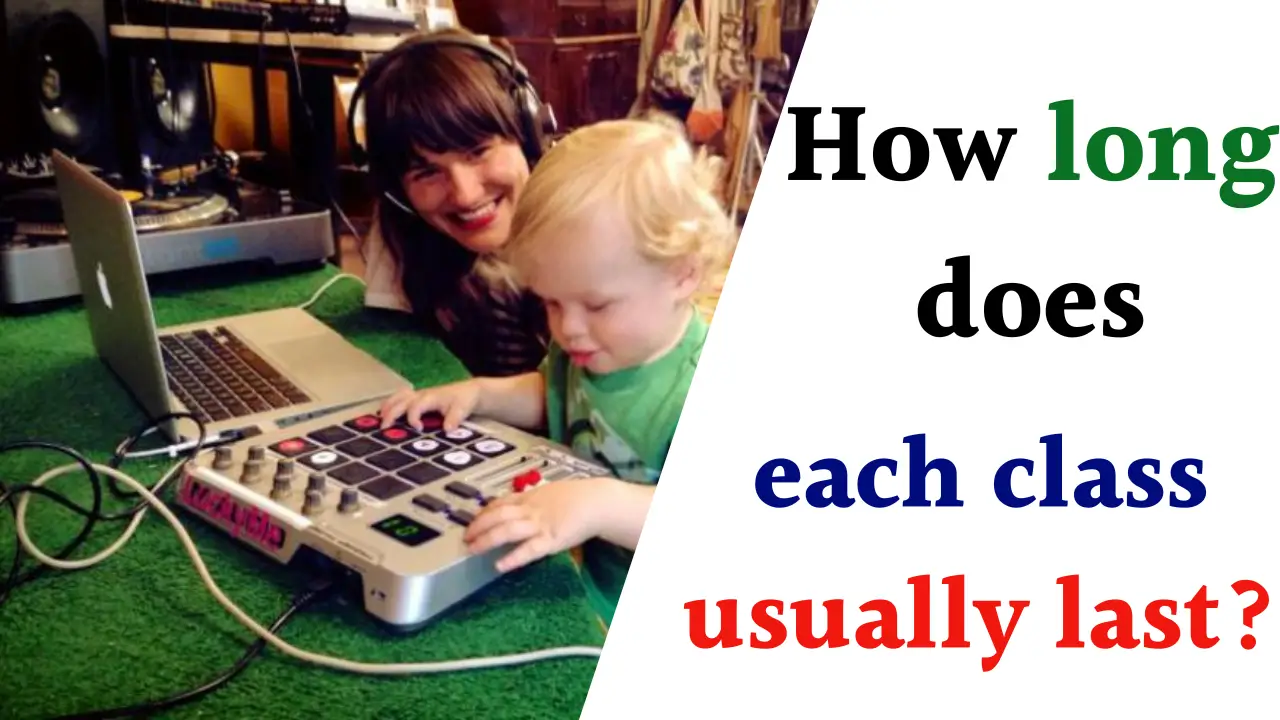Parental involvement during classes is considered essential for students’ academic success and emotional well-being, but the level of engagement expected—from homework supervision to active assistance in online classes—varies by age, learning environment, and recent trends in education.
Changing Expectations for Parental Involvement
Over recent years, schools have shifted from viewing parents as passive spectators to recognizing them as active partners in the educational process. This shift includes regular participation in academic discussions, behavioral insights, emotional support, and involvement in skill development, both at home and through school channels.
Parental Roles in Different Learning Environments
Traditional Classroom Settings
- Parents are usually asked to monitor homework, attend meetings, and support extracurricular activities.
- Involvement is often more generalized, with schools organizing periodic events and workshops to keep parents engaged.
Online and Hybrid Classes
- Increased hands-on involvement is expected, especially for younger children.
- Parents may need to help set up lessons, manage schedules, supervise test environments, and monitor progress, gradually reducing supervision as students grow more independent.
Table: Parental Involvement by Age and Mode
| Student Age Group | Traditional Classroom Involvement | Online/Hybrid Class Involvement |
|---|---|---|
| Early Years | Homework help, meeting attendance | Assist with login, supervise lessons |
| Primary | Progress monitoring, emotional support | Daily routine setup, check assignment completion |
| Secondary | Career guidance, event participation | Encourage independent study, less direct supervision |
| Special Needs | Collaborate with teachers, personalized support | Support technology use, monitor learning plans |
Key Areas of Expected Parental Involvement
- Academic Monitoring: Oversee assignments, ensure lessons are attended, and follow up on missed work.
- Routine Structure: Establish daily schedules and dedicated learning spaces, particularly for online learners.
- Emotional Support: Recognize signs of frustration or isolation and provide encouragement.
- Communication: Participate in parent-teacher meetings (offline and virtual), workshops, and feedback sessions.
- Volunteering: Involvement in school governance, extracurricular mentorship, or parent-peer support groups.
- Health and Habits: Promote breaks, physical activity, and social interaction for holistic development.
Latest Trends and Updates (2025)
- Schools are investing more in offline interaction initiatives, with a renewed emphasis on in-person meetings and peer-led support groups rather than only digital communication.
- Parents are increasingly empowered with skill-building workshops to support their children’s learning, encouraged to play active roles in curriculum feedback and advocacy.
- The rise of online and hybrid models has led to more flexible parental guidance strategies, including tutorials for navigating digital platforms and collaborative scheduling.
- Cultural, economic, and time-related barriers persist; schools are addressing these through flexible meetings, multilingual communication, and inclusive environments.
- Emerging research highlights that parental engagement at home typically has a stronger impact on academic achievement than school-based involvement alone.
Effective Strategies for Parents
- Set clear boundaries between supervision and fostering independence to avoid overstepping or creating dependency.
- Communicate regularly with teachers, using scheduled “check-in” times rather than continuous observation.
- Attend school-organized workshops and support groups for guidance and peer interaction.
- Adapt involvement based on children’s age and individual learning needs, gradually shifting responsibilities as students mature.
Barriers to Parental Involvement
- Time constraints due to work commitments and busy schedules.
- Low parental literacy or lack of awareness of educational requirements.
- Language and cultural differences that may intimidate or alienate parents from school settings.
- Limited access to technology or digital platforms for communicating with teachers or participating in online learning.
Conclusion
The expected level of parental involvement during classes in 2025 is higher and more nuanced than ever before, spanning direct supervision in online learning for younger children to collaborative advocacy and emotional support throughout schooling. Schools and parents are working together more closely, adapting their approaches for changing educational models, and striving to overcome barriers for inclusive, effective engagement. Parental involvement is not one-size-fits-all; it grows and evolves as students move through their educational journey, and continued adaptation, communication, and support remain at the heart of positive outcomes.
